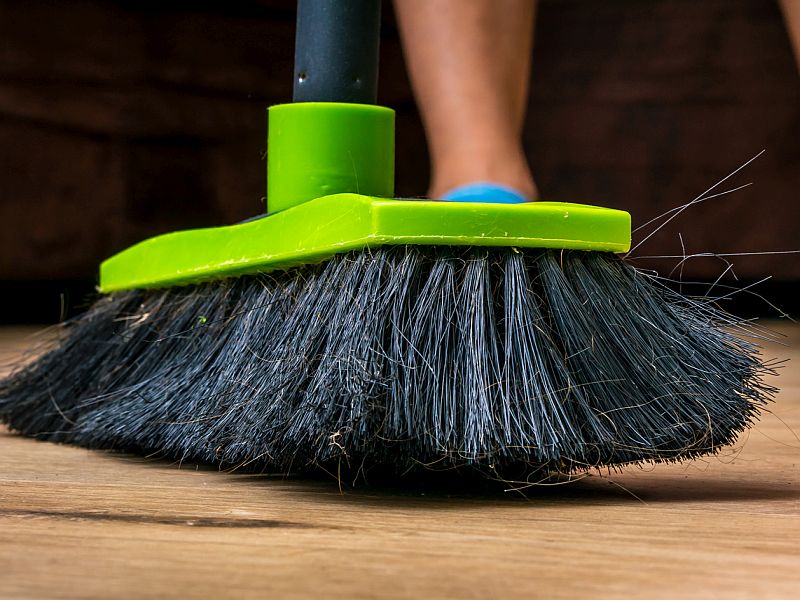
FRIDAY, May 10, 2019 — While it’s a regular ritual, spring cleaning can become a dangerous chore for your health, experts warn.
Some cleaning supplies — air fresheners, rug cleaners, bleach, oven cleaners and floor polish — have dangerous chemicals such as volatile organic compounds.
These chemicals become vapors that can irritate the nose, throat, eyes and lungs, said Dr. Timothy Craig, an allergist and immunologist at Penn State Health.
“The nose provides a helpful warning signal,” he added in a health system news release. “If someone’s nose becomes irritated while cleaning, it’s safe to assume his or her lungs will be irritated, too.”
“For most people, using chemical cleaners occasionally would not create clinically significant reductions in lung function,” Craig said.
“But repeated exposure to harmful chemicals over a lifetime could lead to significant disability later in life, especially for people with asthma, chronic obstructive pulmonary disease [COPD] or Alpha 1 antitrypsin deficiency, a genetic disorder that may cause lung or liver disease,” he warned.
“We all clean with bleach and other chemicals from time to time,” said Dr. Ann Bogdan, a family health physician from Penn State Health Medical Group-Mechanicsburg. “But I encourage my patients to be careful when doing so.”
The doctors offer these six safety precautions while spring cleaning.
- Don’t combine chemical cleaners. “In particular, never mix ammonia and bleach,” Bogdan said. This can result in dangerously toxic vapors.
- While cleaning, be sure to have proper ventilation by opening a window or running a fan.
- Wear rubber gloves. “Without them, you run the risk of developing redness or rashes on your hands,” Craig said.
- Try using old-fashioned cleaners. “Diluted vinegar works well to clean windows, and baking soda gives you scrubbing power,” Bogdan said.
- Read labels and look for volatile organic compounds and other potential irritants, even in products labeled as “green” or “healthy.”
- Look for products with the “Safer Choice” logo, which the U.S. Environmental Protection Agency deems as “safer for human health and the environment.”
And their final advice: If you develop coughing, wheezing, throat soreness or eye watering while using chemical cleaners, step into another room or walk outside. If the symptoms persist even after leaving the room, call a doctor.
More information
The U.S. Department of Health and Human Resources offers a household products database.

© 2019 HealthDay. All rights reserved.
Posted: May 2019
